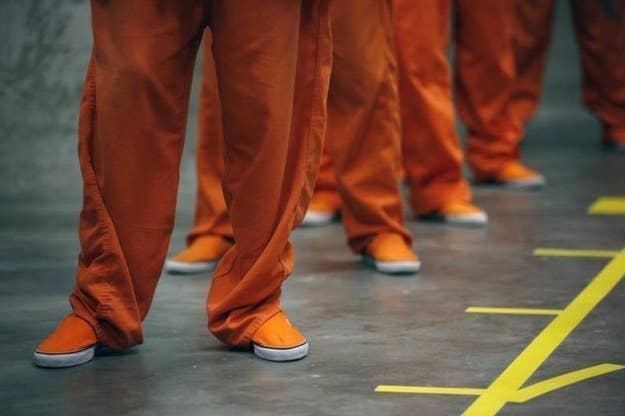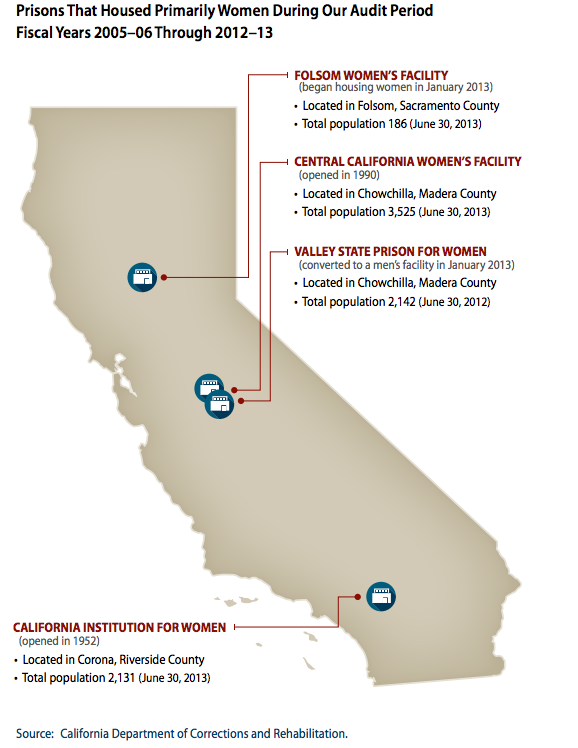
Four California prisons illegally sterilized 39 women between 2005 and 2011, a new report reveals.
The women were sterilized via "bilateral tubal ligation" — a surgical procedure commonly known as "having your tubes tied" — and were part of a larger group of 144 female inmates who underwent the procedure. The report, which was commissioned by lawmakers and conducted by the state auditor, found that 39 of those procedures violated California's laws regarding inmate medical procedures.
The issue boils down to consent.
California law carefully lays out the procedure that must take place in order for a female inmate to be sterilized. Among other things, a woman must be 18 years old and she has to sign a consent form. The surgery is supposed to take place between 30 days and 180 days after the woman has signed the form — a requirement designed to "provide the patient with enough time to reflect on her choice and to make sure she desires sterilization," according to the report.
Significantly, the doctors performing the surgeries also are supposed to sign the forms to indicate that the rules were actually followed.
The women themselves signed the consent forms, but in 27 cases the doctors never signed off. In 18 other cases, investigators found violations of the waiting period requirement. In some cases, the doctors actually lied, signing off that the waiting period had elapsed when it hadn't. The result, the report argues, is that 39 women did not legally consent to be sterilized.
The physician is the last check in the informed consent process and provides the patient with the final opportunity to withdraw her consent to having the procedure. Our legal counsel advises us that without such a certification from the physician or an alternate physician, the inmate's consent was not lawfully obtained under state regulations.
The report goes on to call the failings of the process "systematic" and notes that all but one of the total 144 sterilizations lacked some of the necessary administrative approvals.
Prison officials generally agreed with the findings but said they have undertaken steps to improve, the Desert Sun reported.
Four prisons in California housed significant numbers of women during the time looked at by investigators: Folsom Women's Facility, Central California Women's Facility, Valley State Prison for Women, and California Institution for Women.

Former inmates have said they were coerced into being sterilized.
The Center for Investigative Reporting said last year that both former inmates and prisoner advocates cited coercion as a factor in the sterilizations. The Center also said there may be as many as 100 additional cases going back to the 1990s.
The names of all the physicians who performed the sterilizations have not been released, but some were done by Dr. James Heinrich, who told CIR last year that he was helping poor women, according to the Center. He also suggested the cost of the procedures saved the state money: "[O]ver a 10-year period, that isn't a huge amount of money, compared to what you save in welfare paying for these unwanted children — as they procreated more."
The report further mentions that the sterilized women likely did not have witnesses of their choosing present when they signed consent forms. The law entitles the women to a witness, but according to the report an official said that was unworkable in a prison setting.
